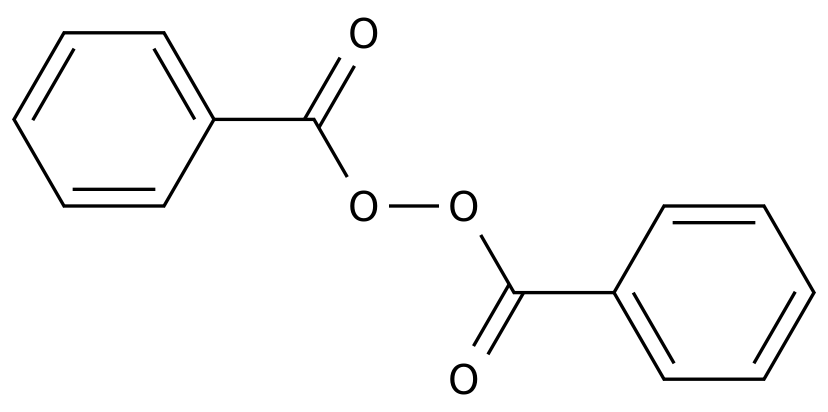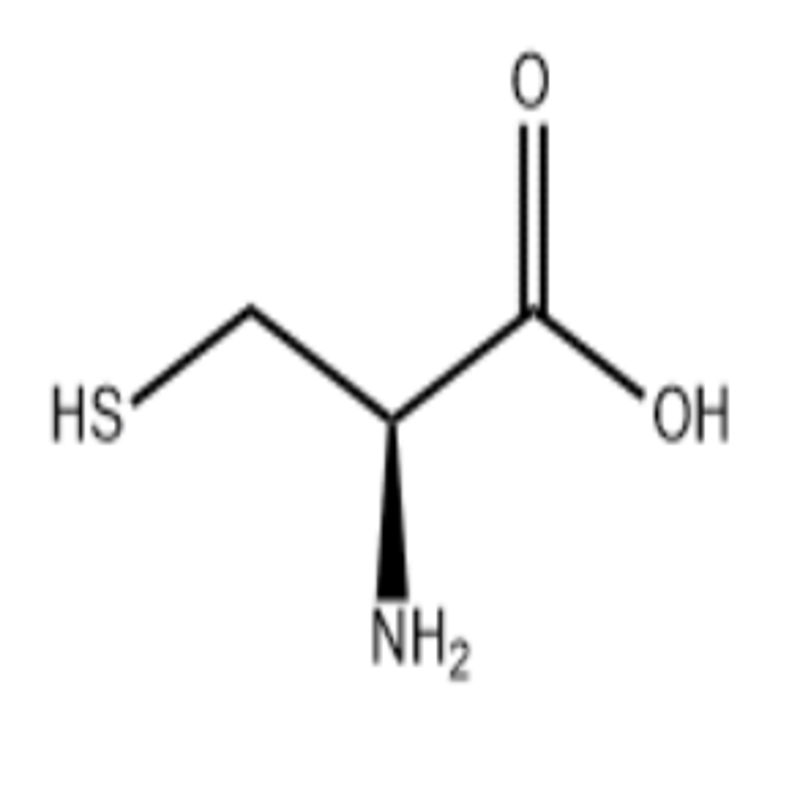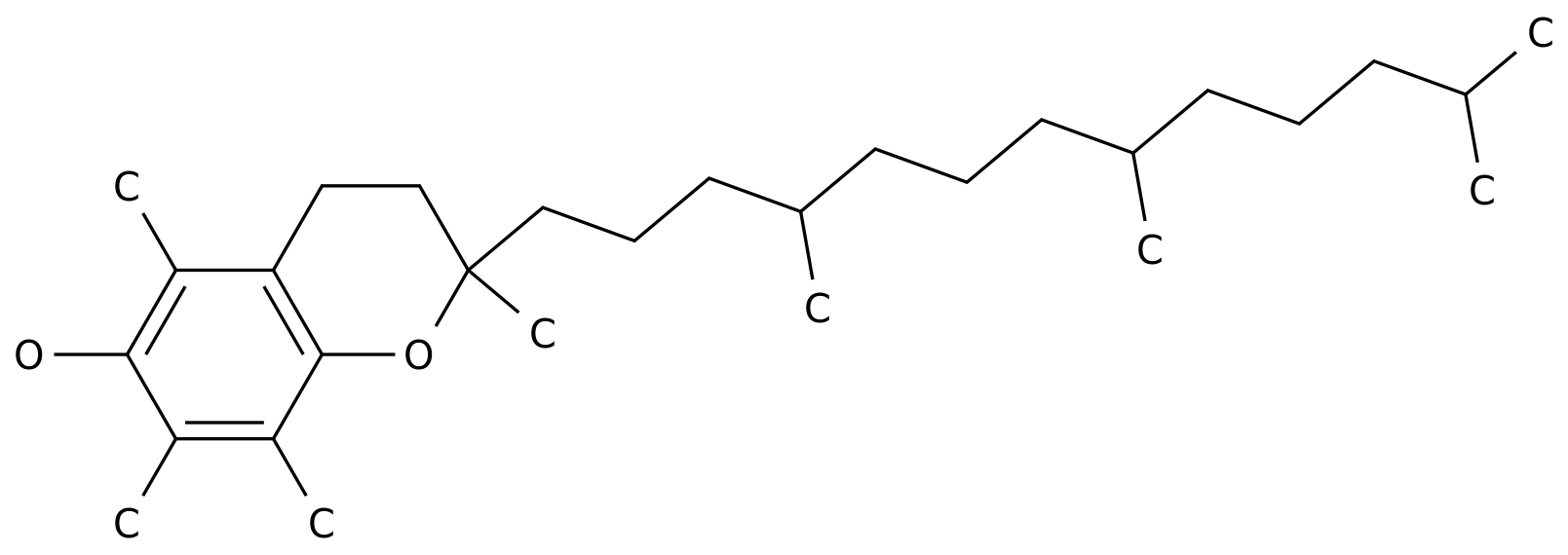-
Categories
-
Pharmaceutical Intermediates
-
Active Pharmaceutical Ingredients
-
Food Additives
- Industrial Coatings
- Agrochemicals
- Dyes and Pigments
- Surfactant
- Flavors and Fragrances
- Chemical Reagents
- Catalyst and Auxiliary
- Natural Products
- Inorganic Chemistry
-
Organic Chemistry
-
Biochemical Engineering
- Analytical Chemistry
- Cosmetic Ingredient
-
Pharmaceutical Intermediates
Promotion
ECHEMI Mall
Wholesale
Weekly Price
Exhibition
News
-
Trade Service
Foods such as desserts and beverages have long been popular around the world, but the World Health Organization has recommended in the Guidelines for Sugar Intake in Adults and Children that limiting "free sugars" (added to foods and naturally found in honey, syrup, fruit juices and fruit juice concentrates) to less than 5% of total energy intake. Previous studies have found that excessive sugar intake not only increases the risk of obesity, type 2 diabetes and cardiovascular disease, but also indirectly promotes cancer by causing obesity, inflammation and oxidation mechanisms. However, the correlation between sugar intake and sugar type and cancer risk remains unclear.
a recent study published in the American Journal of Clinical Nutrition by researchers at the University of Paris in Paris, France, found that higher total sugar intake was positively associated with overall cancer risk, which in particular significantly increased the risk of breast cancer. In addition, the researchers found that excessive intake of free sugar, sucrose, sugar in milk desserts, dairy products and sugary drinks also increased the risk of cancer.
researchers recruited 101,279 participants aged 18-72.6 (78.7 per cent of women) to count their educational level, occupation, height and weight, medical history and drug use. Information, using online questionnaires filled out to record participants' three meals and other consumed foods and beverages, and an assessment of intake of micronutrients, large amounts of nutrients (including sugar) and energy through the Food Ingredients Database, followed up for approximately 5.9 years.
the total sugar intake and added sugar intake of the participants were measured and found that the average daily sugar intake was 92.8±33.2 grams, corresponding to about 19.6% of the total energy intake. Of these, 81.3 percent of the participants exceeded the WHO's recommended limit of 5 percent of free sugar intake energy. Of all sugars consumed, sucrose accounted for 49.3 per cent of sugar intake, followed by fructose (19.6 per cent) and glucose (17.2 per cent).
follow-up period, there were 2,503 cancer cases (including 323 cases of prostate cancer and 783 cases of breast cancer, 324 cases before menoporo and 459 cases after menoporo). After adjusting the covariate, using the Cox proportional risk model to analyze the correlation between sugar intake and cancer risk, it was found that sugar intake was positively correlated with the overall risk of cancer (risk ratio 1.17), but this association was mainly caused by breast cancer, and excessive sugar intake increased the risk of breast cancer by 47%, especially pre menotinal breast cancer, however, there was no significant correlation with prostate cancer.
When a statistical analysis of the correlation between a particular type of sugar and cancer risk was conducted, it was found that sucrose intake increased the risk of breast cancer by 36%, while glucose, fructose, lactose, semi-lactose and maltose were not significantly associated with it. In addition, added sugars, free sugars and sugary drinks, dairy products and dairy desserts in the diet all increase the risk of breast cancer.
The study, based on forward-looking cohort studies, identified that excessive sugar intake increases the risk of cancer, especially breast cancer, and that for those who love desserts, cakes and drinks, it is time to start controlling sugar intake, preferably below the 5% total energy recommended by WHO.
.







